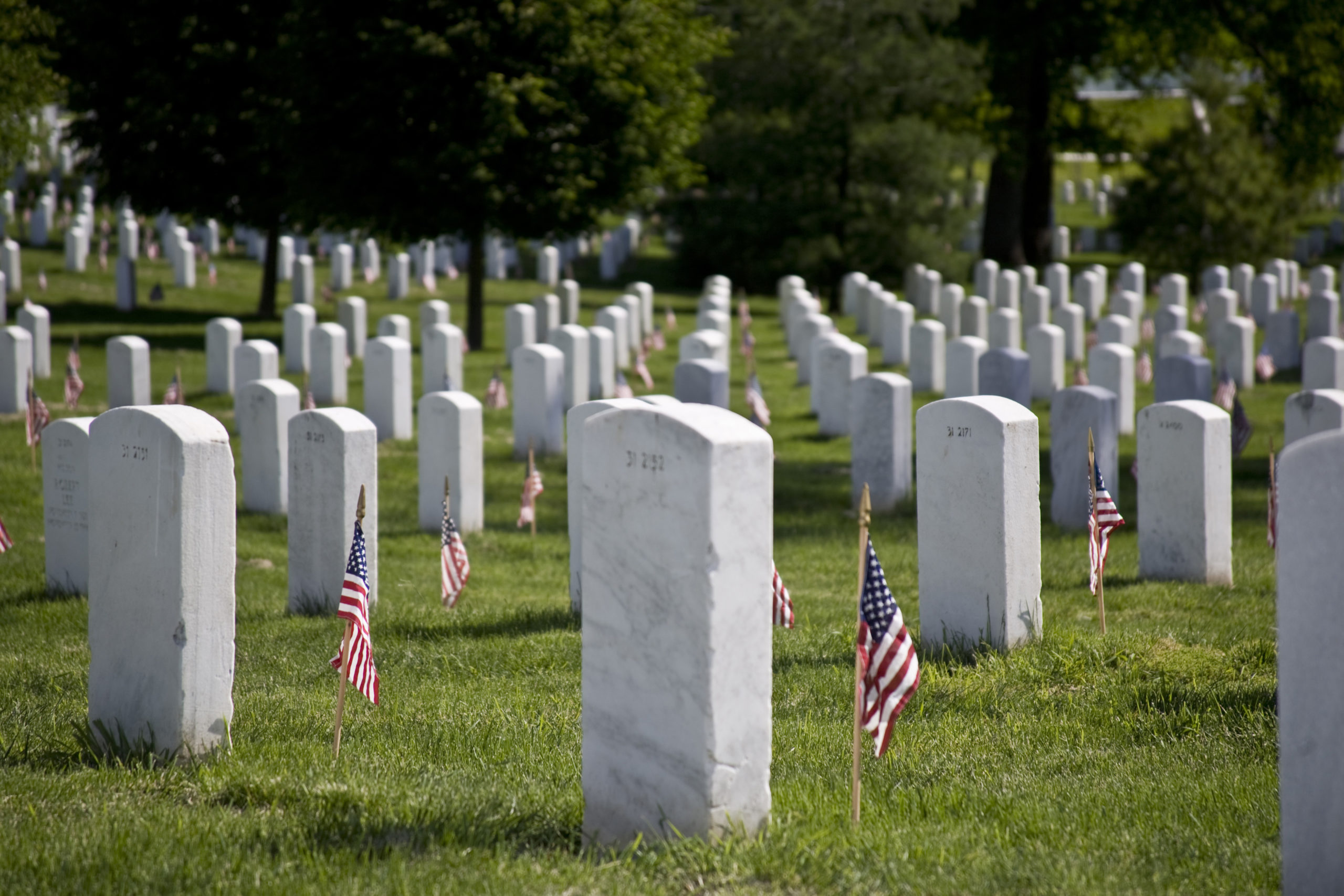Veterans Day: Celebration of a Greater Love
Originally published at The GazetteVeteran’s Day had its origin at the end of World War I in 1918, a conflict so horrendous that it was dubbed, “the Great War,” or “the war to end all wars,” with the United States playing the decisive role in the Allied powers’ final victory. It was first known as Armistice Day, celebrated on November 11 because that was the day agreed upon by the Allied nations and Germany to begin a total cessation of hostilities. It went into effect on the 11th hour of the 11th day of the 11th month in 1918, after some 20 million people from both sides had given their lives in the war effort.
Thereafter for many years, Armistice Day was just recognized on a state level. Ironically, on the eve of World War II, with Germany having annexed Austria and widely-recognized preparations being made to take over Czechoslovakia, the U.S. Congress finally passed an act to establish Armistice Day — “a day to be dedicated to the cause of world peace”—as a legal federal holiday on May 13, 1938.
As it turned out, World War II was almost four times more costly for the U.S. with 405,400 lives lost, than World War I, in which 116,516 Americans died. Needless to say, the focus on the 1918 Armistice was overshadowed, and eventually, after World War II and the Korean War, President Eisenhower changed the name of the holiday to Veterans Day in June 1954, so as to make November 11 “a day to honor American veterans of all wars.”
As the holiday evolved, Veterans Day became one of America’s most patriotic holidays, with profuse display of the red, white and blue and Main street parades of veterans in towns across the country. “We the people of the United States” owe our veterans so much, for they were willing to make the ultimate sacrifice — to fight to their deaths if need be — in the defense of freedom for other countries as well as our homeland.
Not surprisingly, the number of veterans who turn out to vote has been consistently higher than non-veterans by 16-30%. The political importance of veterans has also advanced with the passage of time. In March of 1989, President Reagan elevated the Veterans Administration (VA) to a cabinet level department, with the creation of the Secretary of Veterans Affairs.
Donald Trump, to his credit, has done more to help American veterans than any prior modern President. He has not only gone out of his way to thank and honor veterans at public events and political rallies, but more importantly he has delivered on providing real reform of the VA and its health care options for veterans. The VA Mission Act was a landmark bill that for the first time expanded private health care options to veterans, providing them with prompt access to the best medical care available, whether at the VA or at a private provider.
The United States military never initiated major hostilities, and was often more of a reluctant responder. That was true for both World War I and II and subsequent wars in Korea, Vietnam, Iraq and Afghanistan. The United States has always stood for freedom and against aggression and tyranny. Surely many Americans who enlisted to serve in wartime knew neither the forsaken places they were going nor what they would encounter, but they all had a distinct conviction that they were fighting not only to set overseas captives free, but to protect freedom at home.
Of all foreign wars in which Americans were engaged, World War II is by far the largest with over 16 million soldiers serving or deployed overseas. Today only about 1.5% of those veterans remain alive as the remnants of the “Greatest Generation.” When we think about these veterans this November 11th, who will all die of old age in a matter of four or five years, Christ’s teaching that “Greater love hath no man than this, that a man lay down his life for his friends,” takes on new meaning.
The world remains as unsettled with bad actors as in previous times. Let us hope that present and future generations never forget the quote adapted by a modern statesman from Thomas Jefferson’s original that, “The price of freedom is eternal vigilance and a willingness to act in its defense.”
